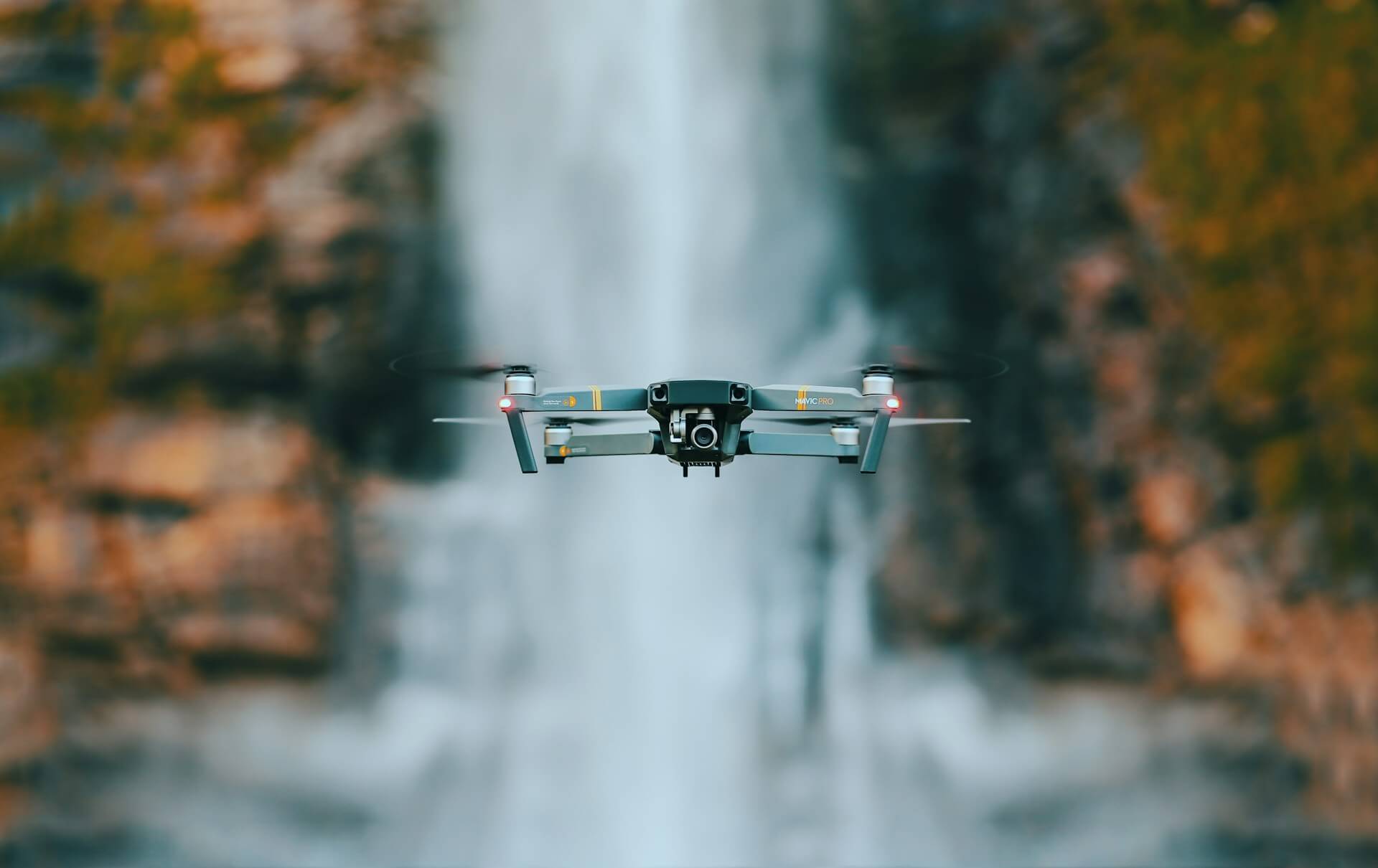
The logistics and delivery service industry has been shifting in recent years due to advancing technology. One of the most exciting developments is the increasing use of drones for deliveries.
With their exceptional speed, drones are changing the game for businesses worldwide. The adoption of drone technology, however, presents benefits and challenges for delivery services.
To explore more about drones in logistics, iSky Films takes us on a bird’s eye view of the benefits, challenges, and prospects for drones in the industry. Click here to read on and discover how drones are revolutionizing the industry.
The Rise of Drone Delivery Services
Drones, or Unmanned Aerial Vehicles (UAVs), have been around for several decades, primarily used for military and recreational purposes. However, their potential in commercial applications, particularly in delivery services, has only recently begun to be fully realized. Companies like Amazon, UPS, and DHL are spearheading the drone delivery revolution, investing heavily in research and development to make this futuristic mode of transportation a reality.
Benefits of Drone Delivery
- Speed and Efficiency:
- Reduced Delivery Times: Drones can significantly cut down delivery times, especially for last-mile deliveries, by bypassing traffic and navigating directly to the recipient.
- On-Demand Deliveries: Drones enable on-demand delivery services, ensuring that customers receive their orders within minutes rather than hours or days.
- Cost-Effectiveness:
- Lower Operational Costs: Drones can reduce labor costs and fuel expenses associated with traditional delivery methods. This cost-effectiveness can be passed on to customers in the form of lower delivery fees.
- Scalability: As drone technology advances, the scalability of drone fleets becomes more feasible, allowing businesses to expand their delivery capabilities without a proportional increase in costs.
- Environmental Impact:
- Reduced Carbon Footprint: Drones are generally more environmentally friendly than traditional delivery vehicles, emitting fewer greenhouse gases and reducing traffic congestion.
- Sustainable Solutions: Electric-powered drones contribute to sustainability efforts, aligning with global initiatives to combat climate change.
Challenges and Solutions
While the benefits of drone delivery are substantial, several challenges need to be addressed to ensure widespread adoption and success.
- Regulatory Hurdles:
- Airspace Regulations: Navigating complex airspace regulations and obtaining necessary approvals from aviation authorities can be a significant barrier to drone delivery implementation.
- Solution: Collaboration between drone companies and regulatory bodies is essential to develop standardized regulations that ensure safety and efficiency.
- Safety Concerns:
- Collision Risks: Ensuring drones do not collide with other aircraft, buildings, or obstacles is crucial for safe operations.
- Solution: Advanced sensor technology, real-time monitoring, and robust navigation systems can mitigate collision risks and enhance safety.
- Technical Limitations:
- Battery Life: Limited battery life can restrict the range and payload capacity of drones, impacting their efficiency.
- Solution: Ongoing advancements in battery technology and energy-efficient designs are improving the range and capabilities of delivery drones.
- Public Perception:
- Privacy Issues: Concerns about privacy invasion and noise pollution can affect public acceptance of drone deliveries.
- Solution: Transparent communication and community engagement can address these concerns, ensuring that the benefits of drone delivery are well understood and appreciated.
Real-World Applications and Success Stories
Several companies have already made significant strides in integrating drones into their delivery services, showcasing the potential of this technology.
- Amazon Prime Air:
- Amazon’s Prime Air service aims to deliver packages to customers within 30 minutes using drones. The company has conducted successful test flights and continues to refine its technology to meet regulatory requirements.
- UPS Flight Forward:
- UPS has received FAA approval to operate a drone airline, enabling the company to expand its drone delivery services. UPS Flight Forward focuses on delivering medical supplies and urgent packages, demonstrating the viability of drones in critical deliveries.
- Zipline:
- Zipline specializes in using drones to deliver medical supplies to remote and underserved areas. The company has successfully operated in countries like Rwanda and Ghana, providing life-saving deliveries in challenging environments.
The Future of Drone Delivery
The future of drone delivery services looks promising, with continuous advancements in technology and increasing regulatory support paving the way for widespread adoption. Here are some trends and predictions for the future:
- Urban Air Mobility:
- As cities become more congested, drones will play a pivotal role in urban air mobility, facilitating efficient and rapid deliveries in densely populated areas.
- Integration with Autonomous Vehicles:
- The integration of drones with autonomous ground vehicles can create a seamless delivery ecosystem, combining the strengths of both technologies for optimal efficiency.
- Enhanced AI and Machine Learning:
- Artificial intelligence and machine learning will enhance drone capabilities, enabling smarter navigation, predictive maintenance, and real-time decision-making.
- Global Expansion:
- As regulations evolve and technology becomes more accessible, drone delivery services will expand globally, reaching regions and markets previously thought to be inaccessible.
Conclusion
Drones are undoubtedly transforming the delivery services landscape, offering unparalleled speed, efficiency, and cost-effectiveness. While challenges remain, the ongoing advancements in technology and regulatory support are driving the industry toward a future where drone deliveries become commonplace. For tech enthusiasts and logistics professionals, staying abreast of these developments is crucial to leveraging the full potential of drone technology in delivery services.
Are you excited about the future of drone delivery? Share your thoughts and join the conversation!
By staying informed and embracing innovation, we can collectively shape a future where drones redefine the standards of speed and efficiency in delivery services.



